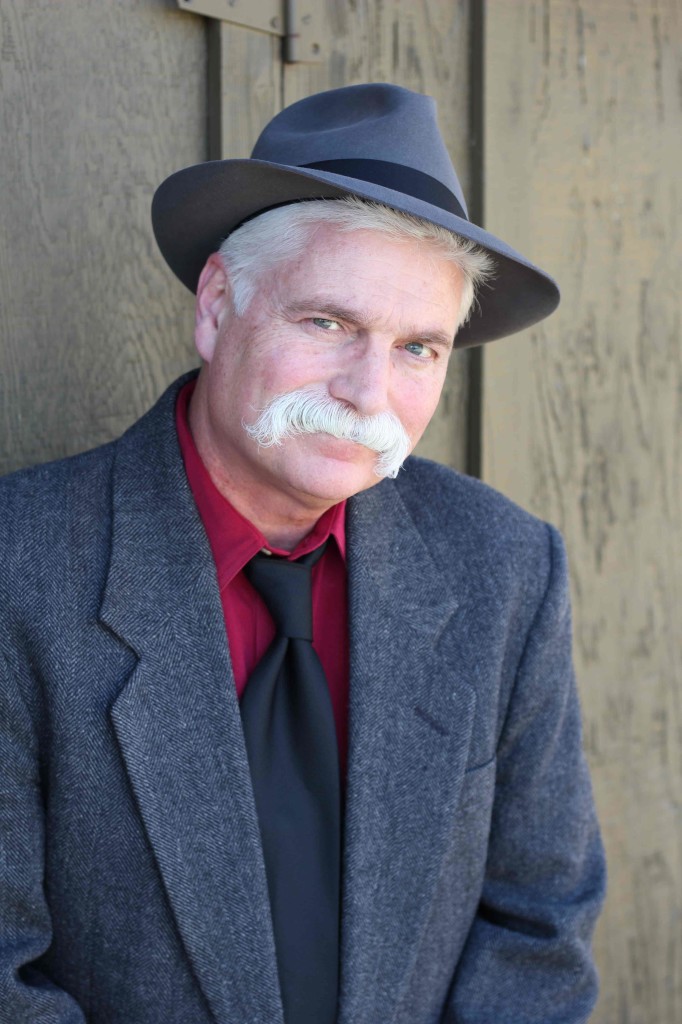4 Ways to say “No” When You Need To

Are you the “go-to” person when something needs to be done? You chair committees, make phone calls, fill in for others, write the newsletter, plan the party and a host of others things that are not strictly your area of responsibility. Maybe you’re just a gung-ho person who likes to make things happen. But it’s just as likely that these things fall to you so often because you have not learned to say “No.” If you often find you are neglecting things more important, and suppressing resentment at the tasks you have been asked to complete, it’s time to step back and take stock of yourself.
Why We Hate To Say No
Learning how to say no happens faster when you gain some insight into why you are always so quick to say “yes.” Here are some common reasons for the quick “Yes.”
Guilt Trip
What if it’s for a worthy cause, or something that really needs to be done, or an opportunity to make a difference? Wouldn’t it be, well, wrong…to say no? That kind of thinking will turn your life into an unfocused nightmare. People without a clear sense of priorities and purpose often say yes to avoid guilt (false, though it may be.)
For Your Approval
“Yes” people are often folks who crave the approval of their boss, co-workers, and peer group. The dark side of this is the suspicion that saying “No” will cause them to lose the approval they crave.
Cloaked Arrogance or Perfectionism
Some folks say “Yes” because deep down they don’t really believe that anyone can do as good a job as themselves.
See How Indispensable I Am?
Insecurity at your workplace or in your relationships can create a need to say “Yes” to every request. You suspect that if you stopped saying yes, people would discover that they really don’t need you after all.
Play The Martyr
See how I’m suffering for you? Sometimes saying “Yes” to everything can be a way to accumulate “markers” for when you want something from someone else. Being a martyr, or pretending to be, adds power to your position when you want to manipulate someone else to do something for you.
Saying “yes” means saying “no.”
You have a finite amount of time, energy and concentration. When you say “yes” to stay late to plan your supervisor’s retirement party, you’re saying “no” to your daughter’s basketball game. When you say “yes” to coach the 2nd grade T-ball team, you’re saying “no” to Saturday mornings with your spouse for 7 weeks. When you say “yes” to coordinating the neighborhood charity fund drive, you’re saying “no” to many hours of enjoyable, relaxing work on your furniture restoration project in the garage.
One of my graduate school professors planted a short quote in me that was worth the entire price of the class tuition all by itself. He said, “Good things are the worst enemies of the best things.” Most of the things we are asked to say “Yes” to are positive things, worthwhile things…good things. But they may not be the best fit with your values, goals and principles. Smart people have learned to say “Yes” to the best things and say “No” to lots of good things without a single pang of guilt.
4 Basic Ways To Say “NO”
Deflect and Divert
Say, “I’m not the best person for this. Have you asked Jim? He’d be a perfect choice.” This is not a hard “no” but it is strongly implied. Of course it works much better if Jim is not a part of the conversation and in the same room!
Delay
“Let me think about it and get back to you.” True, this is more of a “maybe,” but it gives you a chance to formulate your answer in the best possible way.
“No,” And Here Are My Reasons…
Turn them down with an explanation. “No, I can’t do that, and here’s why.” This gives you a chance to explain your priorities, your time constraints and any other reason that prevents you from saying “yes.”
I’ve Got My Reasons…(And Choose Not To Share Them)
Turn them down, and don’t offer a reason. Just say, “I’m flattered you would ask me, but I can’t do that.” It may sound strange, but under certain circumstances, this is the best choice, especially with a persistent person. When you give reasons, as in the previous method, you run the risk of turning it into a debate if the other person is persistent. “I’m not the best person for this,” can be met with, “You are so modest. Of course you’re the best person.” “I just don’t have the time,” can be met with, “I know how busy you are, but this won’t take much of your time.” If you want to avoid a possible debate, just turn them down.
Take control of your life by taking control and rationing your “precious yes’s.” Remember, “Good things are the worst enemies of the best things.”
Click here for a complete catalog of my blog posts with a brief description of their content.


OUCH and thank you!! You stepped on my toes, but really gave me some good ammo!! I love your down-to-earth style and practical advice.
Yes to saying no!
Thank you, what a great post!